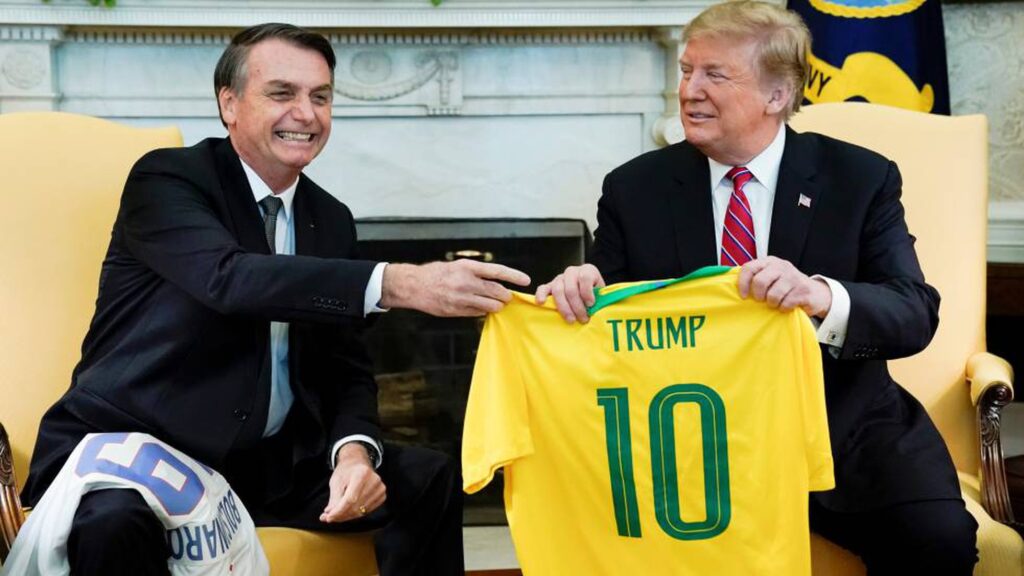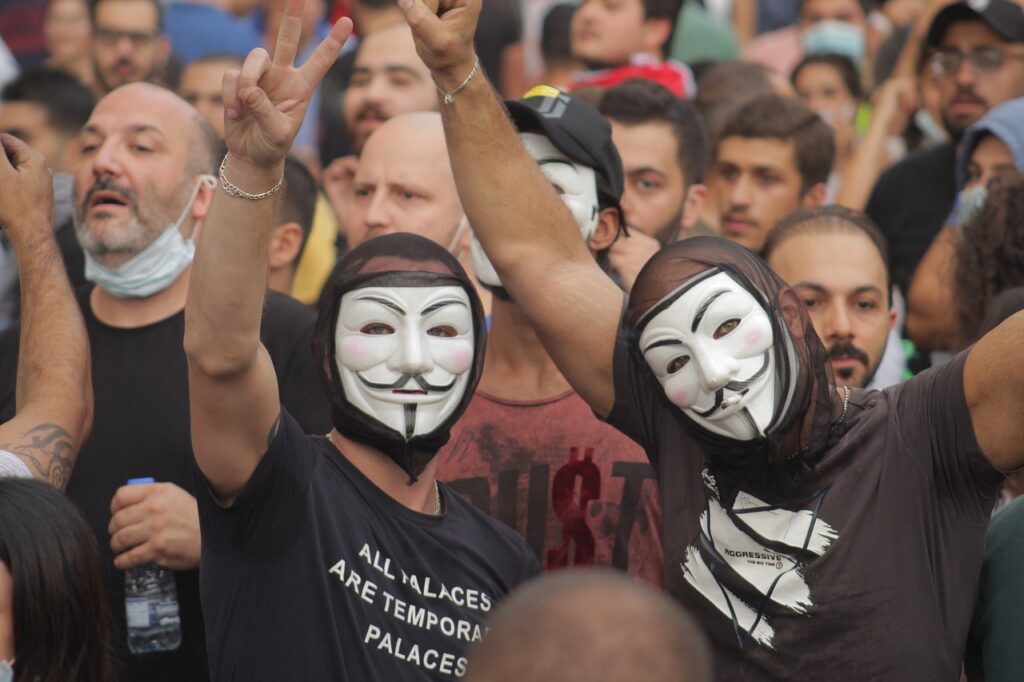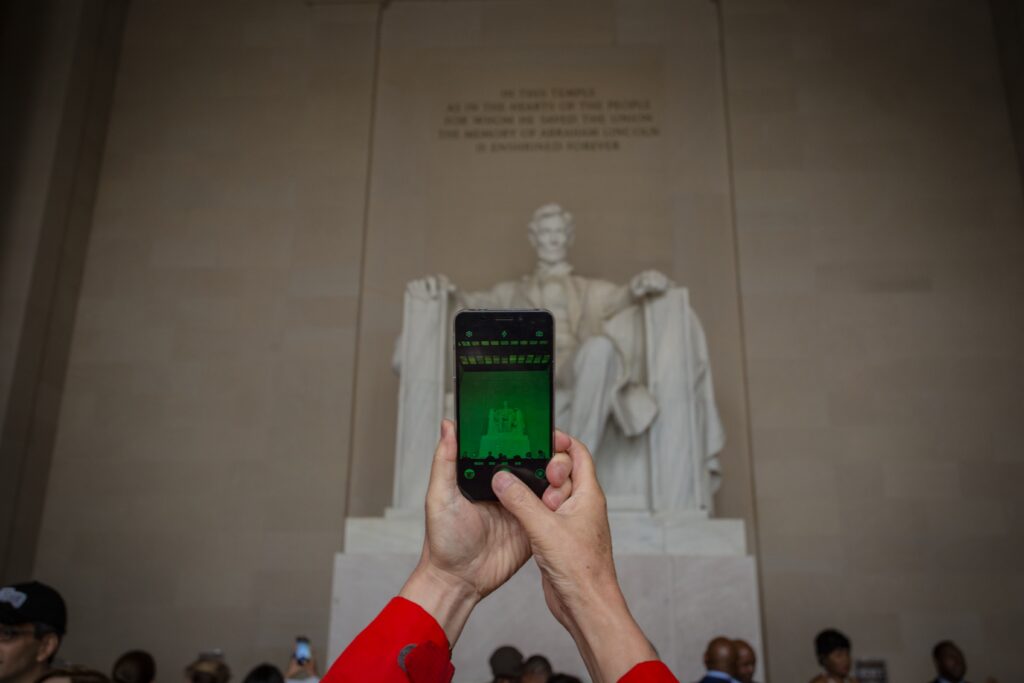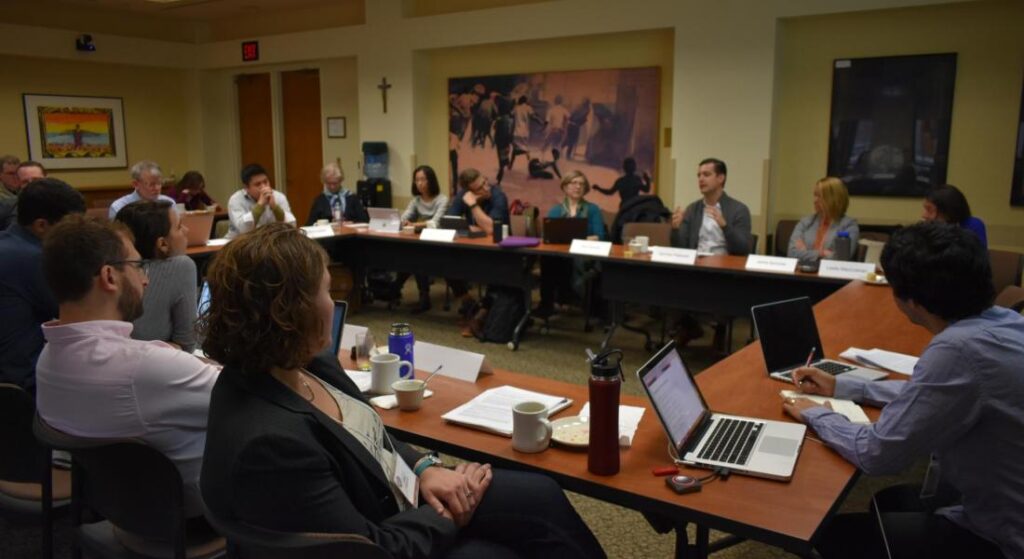Research Agenda
Anti-Partisanship and the Rise of the New Populist Right
How do political actors (including political parties, populist leaders, social movements, and advocacy think tanks) take advantage of increasing anti-partisan sentiments?
To answer this question, I conducted a comparative research project with Ann Mische to explain how political parties responded to massive anti-partisan contention during the major global protest wave taking place after the financial crash of 2008. The results of this project, which provides a field-theoretic approach to partisan politics, are forthcoming in the American Journal of Sociology.
I have also engaged in case studies to closely map dynamics of collaboration between party elites and movement activists, providing a processual model for explaining the impact of movements over electoral outcomes. This research has appeared in Social Movement Studies and several book chapters. In a paper recently published in Social Forces, co-authored with Benjamin Bradlow, we analyze a wide variety of data sources to understand the rise of far-right populist Jair Bolsonaro in Brazil, providing a conjunctural framework to understand the dynamics of right-wing populism in the Global South.

Pragmatism and Cultural Repertoires of Protest
Why do people protest in certain ways and not others? How and why do these repertoires change? How can we capture the improvisation and innovation inherent to dynamics of contention?
In an award-winning article published in Sociological Theory I tackled these questions by providing a pragmatist approach for studying repertoire innovation and change. I illustrate this approach with secondary cases that include glitter bombing, sit-ins, banging pots and pans, and the tearing down of public statues, among other tactics. I provide a way to analyze the symbolic and material affordances of these tactics, and explain how people often experiment with them to achieve their goals. This article received the Peterson Award for best student paper of the Culture section (ASA), and the Becker Award for best graduate student paper at the Department of Sociology, Notre Dame.
Based on this work, I was invited to contribute to a forthcoming special issue of the French journal of Pragmatism, Revue Pragmata, focused on new approaches to the study of collective action from a pragmatist lens.

Narratives of Corruption
Why are corruption narratives increasingly common when people talk about politics? How are these ways of talking about corruption embedded in social networks? And what do actors achieve when they denounce others as corrupt?
These are some of the questions I tackled by studying how people mobilize corruption narratives in different settings, ranging from massive protests to small circles of policy elites. In different collaborative projects, I argue that narratives of corruption inspire and justify specific types of political behavior, becoming a way to divert moral attention as well as generate moral worth. This research has appeared (or is forthcoming) in the Oxford Handbook of Latin American Social Movements and the edited volume A New Sociology of Corruption.

Digital Activism in Contentious Politics
How are political parties and social movements adapting to an increasingly digital environment? What are their new strategies to foster support, and how has their organizational structure adapted to these changes over time?
I explored these questions through tracing the key role of autonomous groups of digital activists in rallying constituencies for conservative party elites in Argentina and Brazil, explaining how differences in institutional contexts affect their trajectories. This research, co-authored with Alejandro Peña, has appeared in Latin American Politics & Society. I also worked on an overarching typological framework to explain how political parties had to adapt their internal structure to respond to pressures related to digitalization. Alejandro and I propose to study these changes by analyzing what we term the “Party on-the-Net” – a new digital face of party politics. This paper has been published in Information, Communication & Society.

Fostering Scholarly Cooperation
As part of my research agenda, I have helped to foster cooperation among scholars studying similar topics but coming from different disciplines. I am a member of the Corruption in the Global South Network, serving as co-organizer of conferences at the New School for Social Research and the University of Notre Dame. As a graduate student, I have helped to organize the annual meeting of the Sociology of Development Section (ASA), and served as coordinator of the Democratization Research Cluster at the Kellogg Institute. I am also a member of Media Well, an initiative of the Social Science Research Council to build a public interest internet.
More recently, I became one of the founding members of the Global South Interest Group (GSIG) of the Sociology of Development section (ASA), focused on enriching sociology by fostering dialogues with scholars from outside of the U.S. working on questions related to development issues.
My research has been featured in Americas Quarterly and Agora, the blog of the Illiberalism Studies Program at the George Washington University. I have also published essays in Sectors, the newsletter of the Development Section (ASA), and the Kellogg Institute for International Studies.
